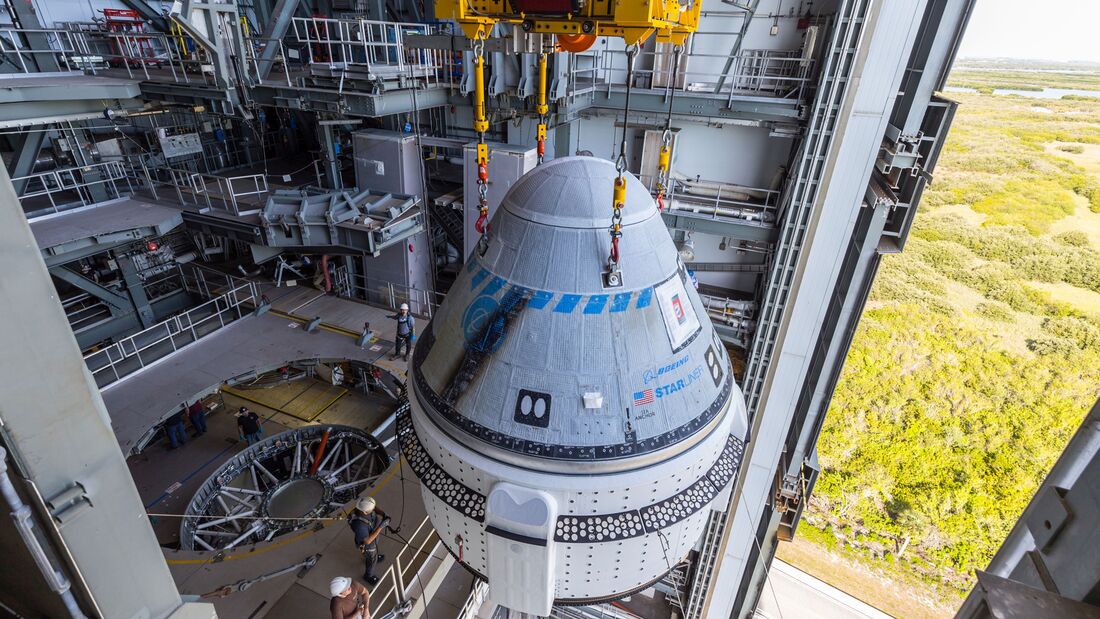If a smartphone manufacturer is transparent in communicating its software policy, it could be a strong selling point. Google led the way by introducing the Pixel 8 series (Pixel 8 and Pixel 8 Pro) last year, promising software updates for seven years. This means not only regular security updates, but also major Android version updates that should be rolled out once a year.
Samsung has jumped on this bandwagon with the Galaxy S24 series: seven years of software support is also planned for the Galaxy S24, Galaxy S24+, and Galaxy S24 Ultra. Smartphone manufacturer OnePlus, which was recently allowed to sell smartphones in Germany again, has a different opinion. In a statement, the BBK brand also explains why.
It has something to do with sandwiches
Photo/montage: teltarif.de, logo: OnePlus
In an interview with the electronic portal Tom's guide (via GS Marina), Kinder Liu, COO and President of OnePlus, commented on OnePlus' refresh policy, among other things, and also pointed to the promises of competition. This is something that OnePlus may not aim to achieve in the future, as the software instructions are not only important for the user, but also for the smooth experience with the smartphone. So, if your phone's hardware can't keep up, extended software support won't help.
To illustrate this, Liu used a metaphor, comparing a smartphone to a sandwich. And filling the sandwich is a program that will still be good in seven years. Bread – User Experience – Bread can become moldy after just four years. Therefore, the seven-year software update policy may no longer matter if the user's experience with the phone is no longer sufficient.
This is how long the OnePlus 12 will receive updates
The manufacturer's latest model is the OnePlus 12. The flagship will receive software support for four years of Android OS updates and five years of security updates. For the cheaper mid-range model of the OnePlus 12R, there should be three years of Android updates and four years of security updates.
Reference was also made to studies conducted with TÜV SÜD, where the OnePlus 12 and OnePlus 12R were subjected to stress tests in order to simulate several years of use. Based on the results, the fast and smooth performance of the OnePlus smartphone should be ensured even after four years. This also includes battery status. Seven years later, this is no longer necessarily guaranteed.
In support of OnePlus' update policy, the findings of Counterpoint Research were also noted, according to which Android users tend to replace a smartphone with a new model four years after purchase.
Everyone is right in one way or another
OnePlus' argument seems plausible. If a current smartphone like the Galaxy S24 or Pixel 8 is extremely fast, it's currently impossible to predict how well the hardware will perform after years of use with the latest software. This is the most important point in the end.
The bottom line is that the seven-year software promise sounds attractive and sustainable. Since Samsung and Google have only just introduced this, it remains to be seen how well the smartphones will actually perform before long. Component wear should not be a counterargument. Having to replace the battery and screen after years of use rather than buying a new one is part of sustainability. However, accessory and repair costs must remain within reasonable limits in order for this to also be attractive to the user.
We've put together an overview for you of which smartphone models generally have a good update outlook.
More about smartphone software

“Subtly charming coffee scholar. General zombie junkie. Introvert. Alcohol nerd. Travel lover. Twitter specialist. Freelance student.”







More Stories
Lia Maria Loeffler in the Golden Hall
Dirt Racing 24 comes with many improvements
Amazon offers one of the best video games of all time